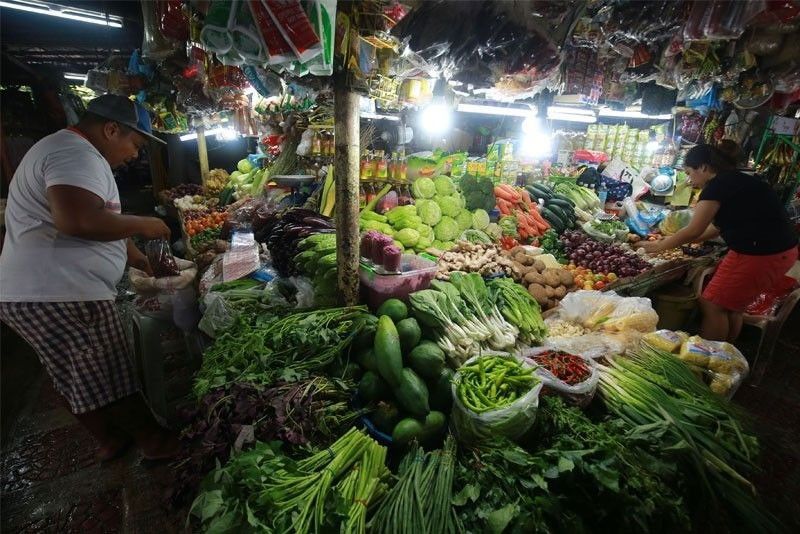Food, transport seen to push up inflation in July

MANILA, Philippines — The Department of Finance (DOF) expects the cost of food and transportation to rise in July due to price hikes in the international market, but supply stability and energy innovation should hold off rates from skyrocketing any further.
In an economic bulletin, Finance Undersecretary and chief economist Gil Beltran said inflation the rate of increase in commodity prices may go up in July as the country relies on imports to meet its requirements for food and fuel.
“Food price inflation is expected to peak this month, as imports rise to boost domestic supply,” Beltran said.
Inflation for food and non-alcoholic beverages jumped to 4.7 percent in June, from 2.7 percent during the same month last year and 4.6 percent in May. Even prices in restaurants went up to 3.9 percent, from 2.3 percent year-on-year and 3.8 percent month-on-month.
Likewise, the Philippines is projected to expand its pork imports this year, as traders take advantage of the reduction in tariff rates for both in-quota and out-quota shipments. The country imported at least 76 million kilos of pork from April 9 to June 11.
In the long run, Beltran said improving food production on the domestic end should contribute to keeping prices steady in the markets.
Beltran also said the DOF anticipates fuel prices to escalate alongside the recovery of the global economy, as the rebound of trade and travel activities would require additional supply of oil.
The finance official said the impact of oil price hikes overseas can be mitigated through the use of new technologies on energy. Either way, inflation will take a hit from rate increases in foreign crude for as long as the Philippines imports bulk of its oil supply.
“A quick pass-through of international crude oil prices on domestic prices is desirable since the country is an oil importer. The use of more energy efficient technologies has allowed the country to trim down the impact of oil price adjustments on domestic inflation,” Beltran said.
In May, London-based Capital Economics warned that Brent crude may peak to a high of $75 a barrel due to demand pickup from the travel sector.
Inflation in the first semester stood at 4.4 percent, way beyond the government’s target range of two to four percent this year.
- Latest
- Trending
























